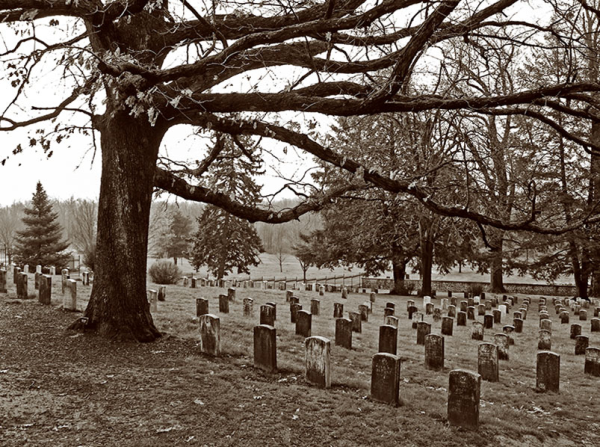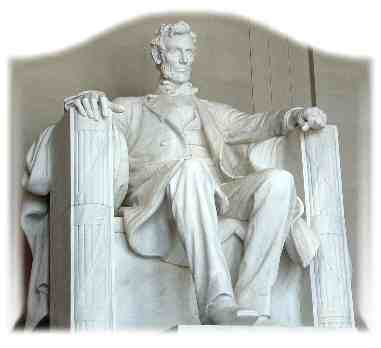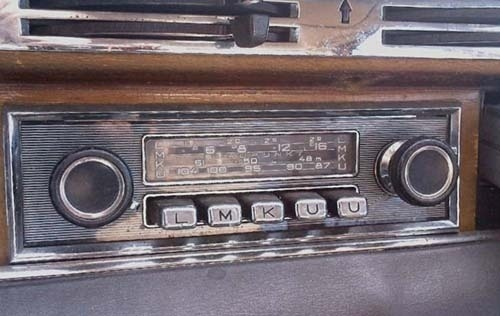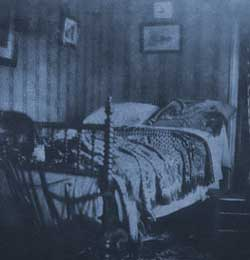Today is April 14, a day most Americans know as the day in which they madly scramble to finish their taxes before the deadline for filing tomorrow, April 15. But something of great moment happened on this day, a long time ago.
Education Through Entertainment
Well, 2013 is in the history books now, so we thought you might like a quick recap of our top ten school shoes from last year. Here is what we had for you! Not that these are the best shows we have ... all our shows are absolutely awesome! But of all the more than thirty great school programs we offer, these are the shows you, our clients, scheduled the most often! These are the top ten most often scheduled school shows from 2013.
One hundred and fifty years ago today, a tall thin man, weak and dizzy from an as yet undiagnosed case of smallpox, rose from a temporary platform to face a crowd of onlookers beneath a cold and drizzly gray sky. He was there to deliver “a few remarks” in dedication of an as yet unfinished cemetery. The previous speaker was Edward Everett renowned orator and the the main featured attraction that bleak morning.
So my old car has been without a radio recently, since the original died awhile back, and I finally had a new system installed. Great to have music again! But, honestly, what I had missed was my morning dose of NPR. Well, I happily tuned in today and caught a segment relating to old films and television episodes that are stored in the Warner Brothers vaults out in California. The report went into a discussion about how many are being converted laboriously into a digital format. The process apparently is exceptionally labor intensive, with hours spent on short strips of film, ensuring the right balance of color and depth and focus is retained. But then a further discussion revealed some dissension and argument around the process and it’s affect on the original intent of the director. Mention was made of how people would react if someone decided to slap new color onto a fading Mona Lisa, for example.
On April 15, 1865, President Abraham Lincoln passed away in a small room in the Peterson boarding house across the street from Ford’s Theatre in Washington where he had been shot the night before. This is fact.
Our resident author, Geoff Beauchamp, writes blog posts exemplifying the talent of his co-workers and the importance of the school assembly programs they present. The humble Mr. Beauchamp never writes to exemplify his talent. This blog post will do what has never been done before, praise Geoff for his dedication, hard work and inspiring performance as Abraham Lincoln.















